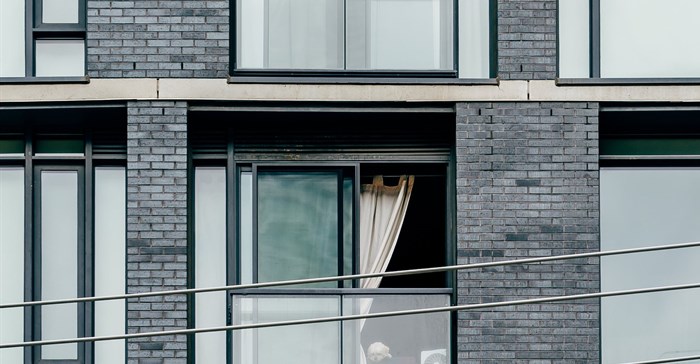More tenants in South Africa are falling into arrears, according to data from the Q2 PayProp Rental Index. The percentage of South African tenants in arrears rose from 18% in Q1 2023 to 18.4% in Q2 - the highest percentage recorded since the end of 2021, but still below the peak recorded during the Covid-19 pandemic.
PayProp’s head of Data Analytics, Johette Smuts, says that the rise in arrears is being driven by the rising cost of living, not by increasing rents.
“We haven’t seen a significant increase in rent as a share of income over the last five years, and in fact incomes have risen considerably faster than rents in most income brackets over the last year. However, it is evident that rising inflation and the cost of servicing debt have made rental payments harder to manage for tenants,” says Smuts.
Measuring arrears
PayProp tracks two arrears’ metrics in the PayProp Rental Index: the number of tenants in arrears as a percentage of all tenants, and the average arrears percentage, which expresses the average amount in arrears as a percentage of average rent.
So far, only the first has risen, and has now done so for a second successive quarter. But unlike Q1 2023, when the increase was driven by just a couple of provinces, the share of tenants in arrears rose in all but two provinces this quarter – albeit by less than 1% in most cases.
The Eastern Cape, Gauteng, KwaZulu-Natal, Limpopo, Mpumalanga and the Western Cape all experienced small increases, while the North West had a bigger escalation from 22.8% to 25%.
In the Free State, the percentage of tenants in arrears fell from 26.7% to 25.2% –- still the highest in the country, but only by a marginal 0.2%. In the Northern Cape the percentage of tenants in arrears dropped from 20.1% to 19.3%.
Arrears percentage vs. rent
While the average national percentage of tenants in arrears is up, the amount they owe as a percentage of rent is down. Looking at average arrears as a percentage of the average rent, the national figure dropped by 1.2% from 78.3% to 77.1%.
It also dropped in all but two provinces, with a particularly big decrease from 99% to 91.8% in the North West. Smuts says that this might be because more tenants are newly in arrears in that province and haven't had time to build up large debts.
Two provinces posted outlier rises in arrears percentages this quarter. In the Free State this figure rose from 97.6% to 105.2%, putting it above one month’s rent and making it the highest in South Africa by some distance. In the Western Cape, it remained flat at 65%, still the lowest in the country.
According to Smuts, there is no need for concern yet, but agents should be on the lookout for further rises in arrears over the coming year.
“We might not yet have seen the long-term effects of high interest rates on tenants’ finances filtering through completely, so we might see arrears getting worse before they start getting better,” says Smuts. “On the other hand, inflation has fallen significantly, easing the pressure on tenants’ finances.”




































